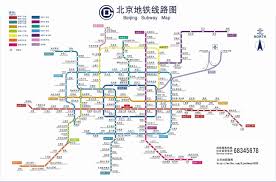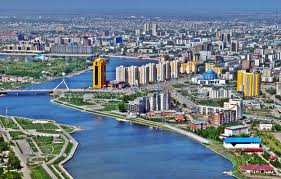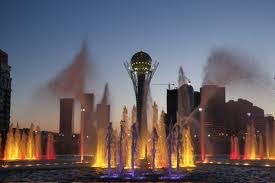China held its Central Economic Work Conference last week, chaired by president Xi Jinping, so here are a few thoughts on the current state of the Chinese economy and a few links to an article I have written, and talks I have given, recently about the Chinese economy.
First up, the slogan du jour is definitely ‘new normal’ (???). Xi Jinping has been using this for about six months, but now he is really using it. Xinhua’s short, official report on the conference has ‘new normal’ in the headline and ‘new normal’ six times in the text. See here for the English version.
What does it mean? It means that local politicians, state firms, and everybody else should dial back their expectations about credit and growth. The increase in both is slowing and that is the way it is going to be as China undertakes a deleveraging process in the banking and corporate sectors. There is not going to be the kind of collapse in growth that many have predicted. The government has plenty of room to fine tune the slow-down, Chinese exports remain competitive, and the global economic environment, while not great, is not a disaster from the perspective of China’s needs. Look out for reported GDP growth in 2015 between 6-7 percent.
Against this background reforms will continue to increase the extent to which the market prices credit in China’s economy. There has already been a big shift in favour of lending to the private sector since the global financial crisis (see my review of Nicholas Lardy’s new book, below), and this is one aspect of an ongoing financial liberalisation process. To my mind, this explains the recent strong performance of the Chinese stock market much better than claims it is down to an interest rate cut (which wasn’t really a cut at all given falling inflation). Previous run-ups in the Chinese market have coincided with periods of financial sector deregulation. The difference this time I suspect is that the bull market will last longer.
All in all the outlook is a not unattractive one: slower growth, better credit rationing hence higher quality growth, and a rising share for consumption in the economy at the expense of slowing investment. The main risk — as was the case during Zhu Rongji’s long period of ‘structural adjustment’ in the 1990s — is that the central government listens to local politicians who say they cannot maintain ‘social stability’ without more credit and growth. Zhu didn’t listen to such imprecations, and we have to hope Xi won’t either. As the slogan says, China needs and is getting a new normal. Otherwise the books really cannot be balanced and financial system risk will become unmanageable.
Later re. the new normal: Damian Ma has written an excellent piece for the new issue of Foreign Policy around the theme of the ‘new normal’. Well worth a read, with a lot more detail than I can offer here.
Links:
Below is a link to download the review of Nick Lardy’s latest book, Markets Over Mao, that I wrote for the latest China Economic Quarterly. The book makes an important contribution to the optimists’ case that China will overcome its current slough of non-performing loans in the banking system.
2014 CEQ Q4 final Markets Over Mao review
This next link is to a download of a synopsis of a talk I gave at the Madariaga College of Europe in Brussels (an EU think-tank) a couple of weeks ago. It is about how China’s development model is similar and dissimilar to those of Japan, Korea and Taiwan. The theme will be familiar to anyone who has read How Asia Works, but there are some additional, up-to-date thoughts about China as well as responses to questions raised by the Brussels nomenklatura. The precise topic I was asked to speak on is ‘What can east Asian countries learn from China’s economic policies?’
2014-Dec-01 – Madariaga – CN lessons to East Asia_final
The Youtube video below is a speech I gave at the National University of Singapore in October (blog entry about that trip here) on the subject of ‘When will governance matter to China’s growth?’ (governance here meaning institutions like a free and fair and prompt judiciary). Roger Cohen of the New York Times speaks first about the role of the US in east Asia. Then I speak at roughly the 25-minute mark. Then there is a joint Q&A.
And here is another Youtube video where I spoke separately about How Asia Works at the National University of Singapore. There is quite a long Q&A in which lots of questions about development from a more Singaporean perspective are addressed.
http://https://www.youtube.com/watch?v=k8RBt3B3E9I









